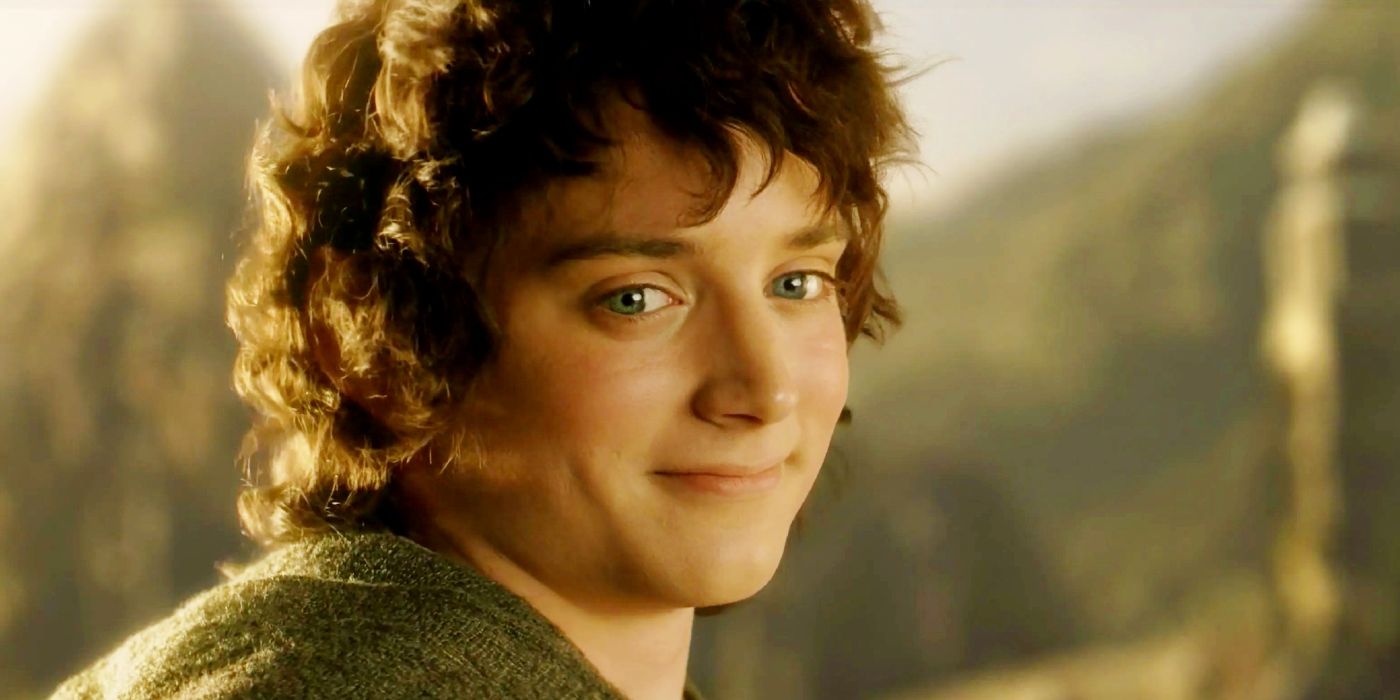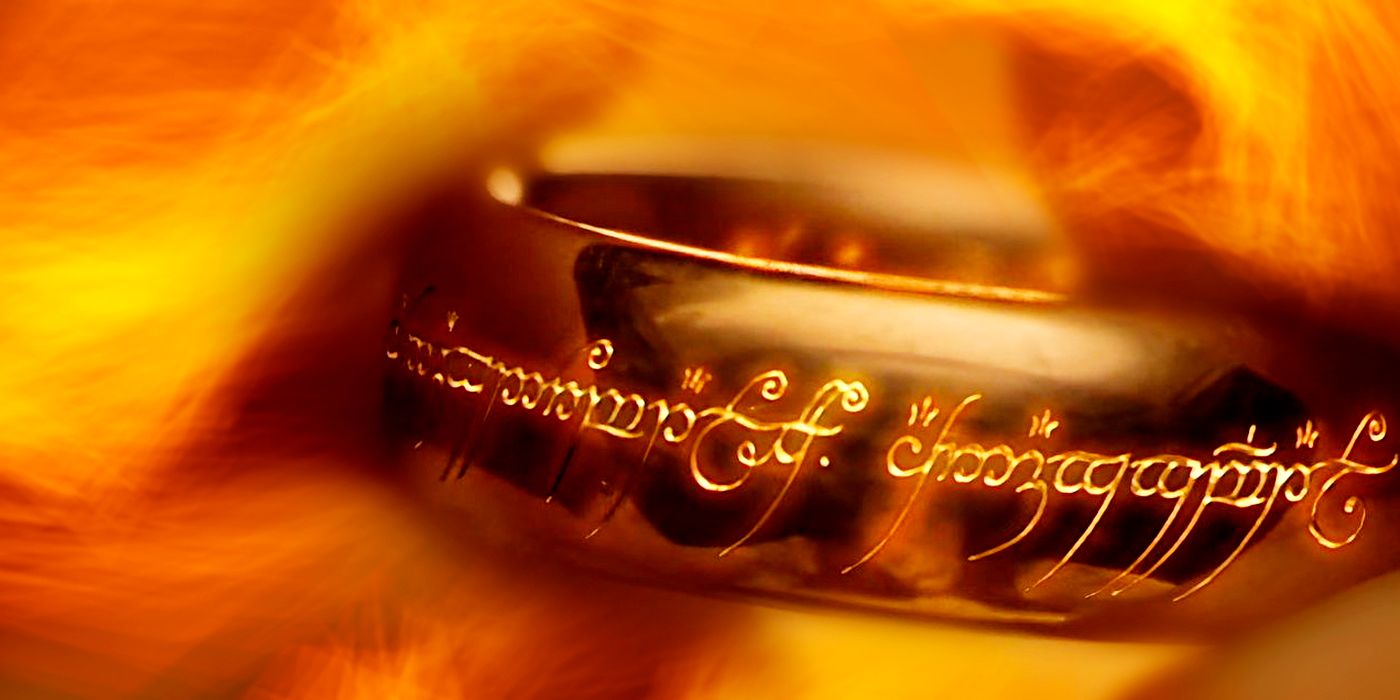Summary
- The Rings of Power condenses the Second Age timeline for TV, focusing on Sauron’s rise and fall with creative liberties.
- Middle-earth’s Second Age lasts 3441 years, featuring Númenor and Lindon’s key civilizations in the Amazon Prime series.
- The Second Age contains more major moments than LOTR’s Third Age, with the show showcasing significant historical events.
Amazon Prime Video’s The Rings of Power draws heavily from J.R.R. Tolkien’s mythology, but it takes plenty of creative liberties with its timeline of Middle-earth’s Second Age. With The Rings of Power season 2’s release date imminent, now is the perfect time to get caught up with all the show’s book connections. Peter Jackson’s The Lord of the Rings trilogy was a more direct adaptation of the original book saga, but the Amazon Prime show serves as more of a compilation of events drawn from a massive period of LOTR history.
The overall LOTR timeline spans thousands of years, and it’s divided into several “Ages.” The events of the original trilogy and The Hobbit occur at the very end of the Third Age, and the end of the War of the Ring marks the beginning of the Fourth Age, which is largely undocumented. The Rings of Power occurs during the Second Age of Middle-earth, which is distinguished by Sauron’s rise through the creation of the One Ring and eventual fall to the Last Alliance of Elves and Men, as shown in the prologue of The Fellowship of the Ring.
Middle-earth’s Second Age Lasts 3441 Years
Middle-earth’s Second Age Focuses On Sauron’s First Rise And Fall
Following the defeat of Morgoth and the end of the First Age, The Second Age of Middle-earth lasts thousands of years. The key defining factors of the Second Age are the rise of Númenor and Lindon, two of the major civilizations depicted in The Rings of Power. Númenor is the island kingdom of Men, while Lindon is the kingdom of the elves under Gil-galad, both of which would be integral to dealing with the threat of Sauron upon his return centuries later. Sauron had previously been an agent of Morgoth during the first age.
During the 3441 years of the Second Age, pivotal events include the creation of the Rings of Power and the One Ring, the creation of Gondor and Mordor, the eventual defeat of Sauron, and the fall of Númenor. However, these events are spread out across a massive timeline, unlike in The Rings of Power, which depicts them as all occurring around the same time.
The Rings Of Power Condenses Middle-earth’s Second Age Timeline
Rings Of Power’s Events Are Spread Out Over Multiple Millennia In Tolkien’s Lore
For television purposes, it makes sense why The Rings of Power would condense its material. However, the proper order of events in Tolkien’s mythology is fascinating to know, especially in how it connects to the order depicted in the TV series. For example, Isildur is a main character in the TV series, but he was born over 1600 years after the forging of the One Ring in Tolkien’s work. Then, Númenor drowns just over a century after his birth. Sauron and the elves had already spent centuries on and off at war by this point.
The Prime Video series is essentially taking thousands of years of Middle-earth’s historical events and compacting them into five seasons of television.
For The Rings of Power to dramatize the Second Age, making alterations to the timeline isn’t that egregious. Peter Jackson’s Lord of the Rings films reorganized book events for dramatic purposes, though it’s a bit less notable when they’re less spread apart. The Prime Video series essentially takes thousands of years of Middle-earth’s historical events and compacts them into five seasons of television.
How Many Years Pass Between The Second Age Ending & The Lord Of The Rings
LOTR Occurs 3001 Years Into The Third Age
Following the end of the Second Age, the Third Age begins and the year date resets. There’s then a gap of 3001 years before Frodo Baggins is given the One Ring after Bilbo’s 111th birthday party. Following that, nearly two more decades went by before the Council of Elrond in 3018, when the Fellowship of the Ring was formed. The War of the Ring concludes in 3020, and the Fourth Age begins just one year later. So, assuming The Rings of Power occurs at the end of the Second Age, there’s a roughly 3000-year gap before LOTR.
The Second Age Contains More Major Moments Than LOTR’s Third Age
Rings Of Power’s Era Is Packed With Historical Events
The Second Age may not be the main focus of Tolkien’s Lord of the Rings saga, but it’s arguably a more compelling era of his history when zoomed out. There are some interesting events in the Third Age, like the events of the upcoming movie, War of the Rohirrim, and the events of The Hobbit. But the Second Age offers such a fascinating medium between the magical epic nature of the First Age and the humanistic struggles of the Third Age.
TV fans have so many enormous, world-changing events to look forward to. Of course, the show’s title teases the creation of the One Ring and the other rings of power, and the downfall of Númenor has been teased consistently. But there’s even more for Rings of Power audiences to be excited about, like the arrival of the Nazgûl, the many battles between Sauron and the elves, and the involvement of Durin and the Dwarves of Khazad-dûm in the coming conflicts.

